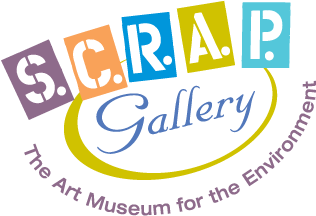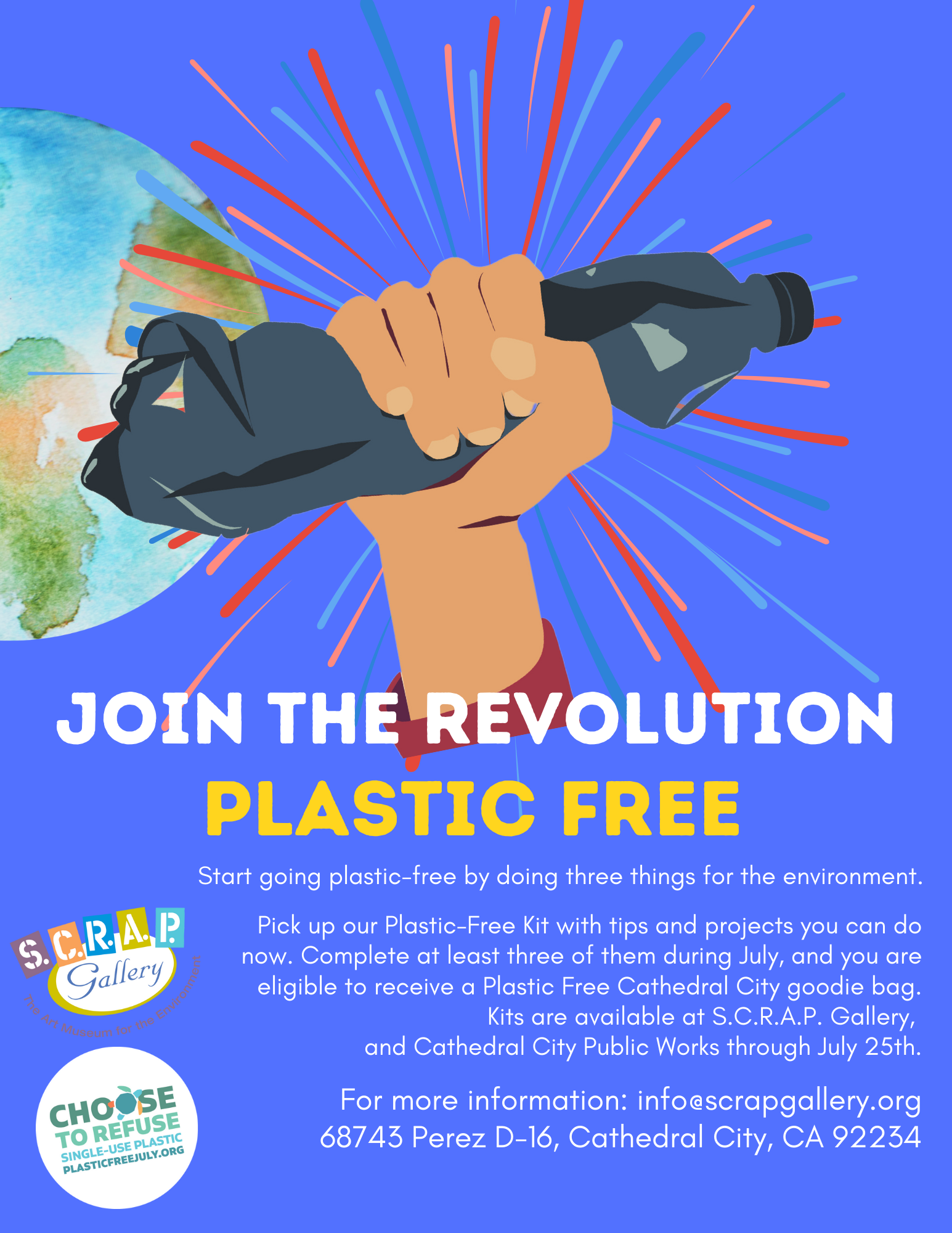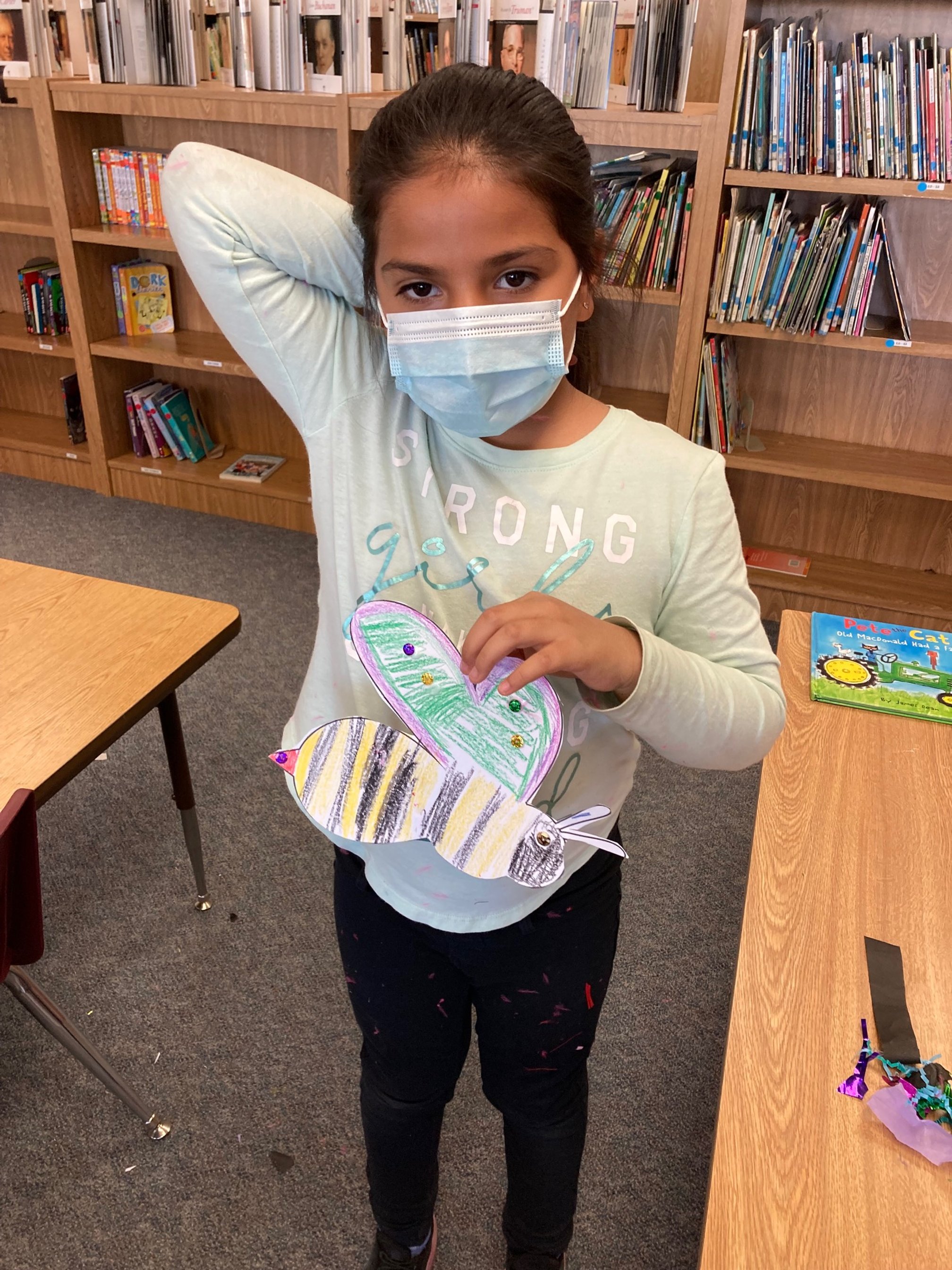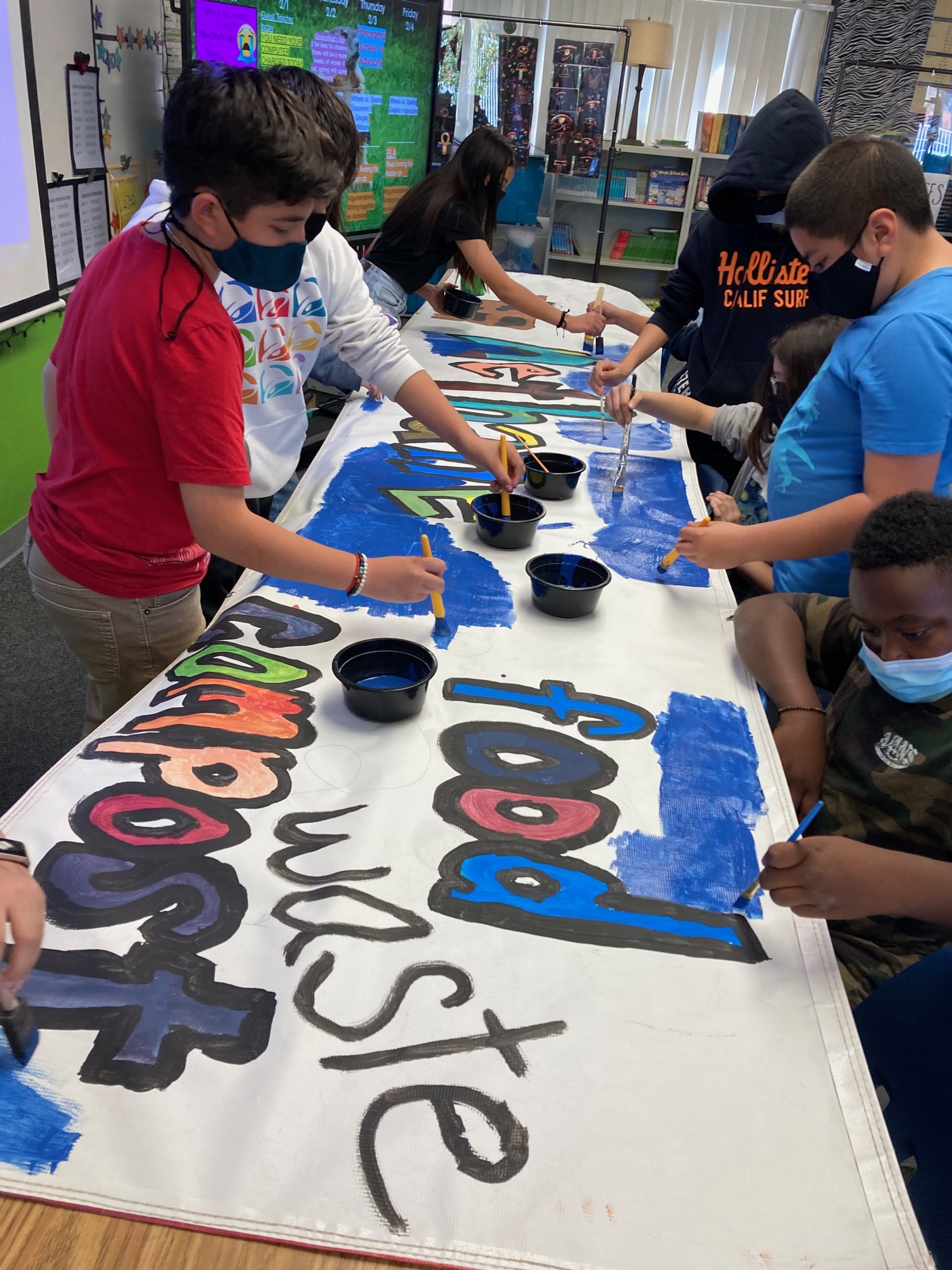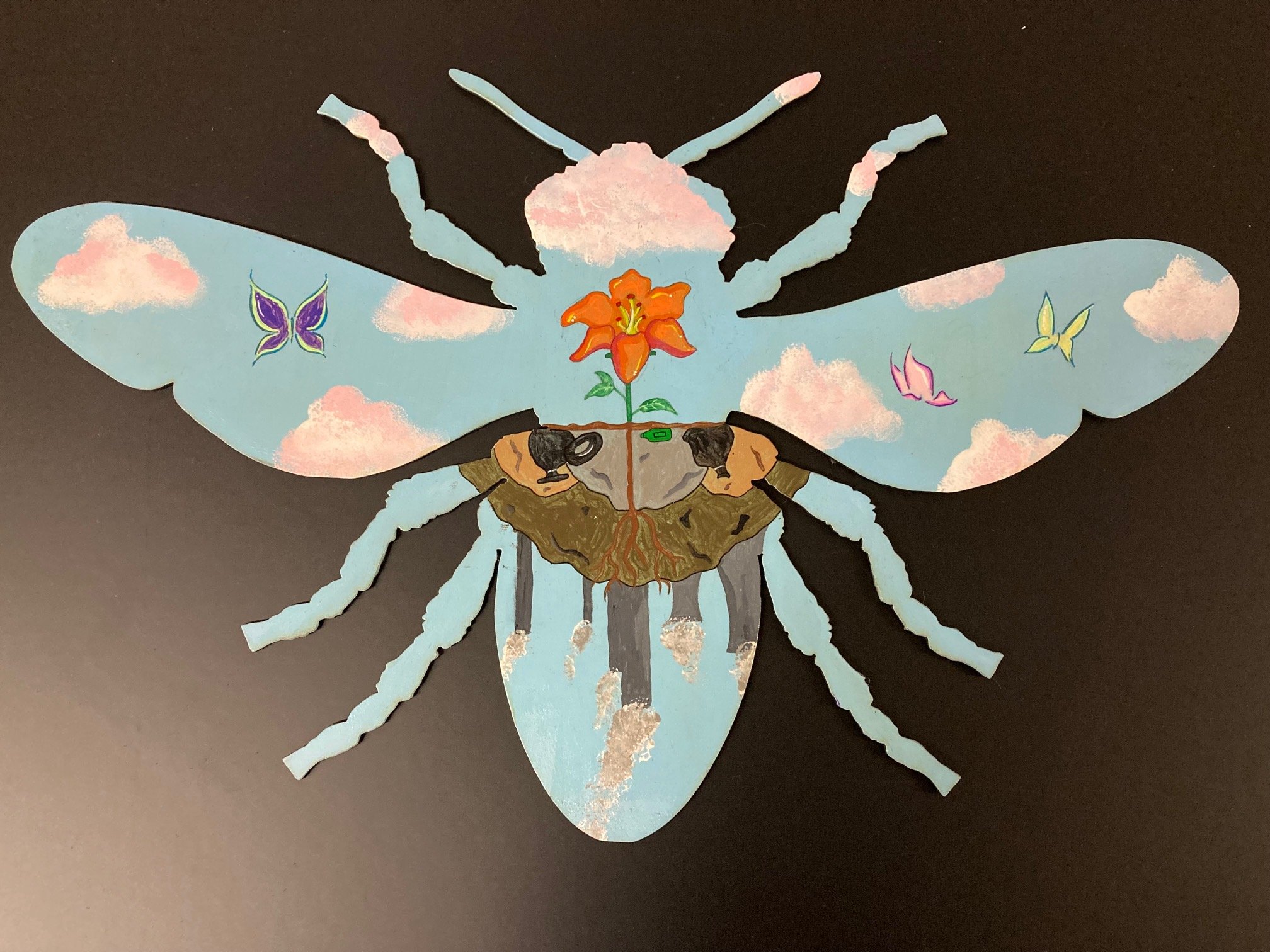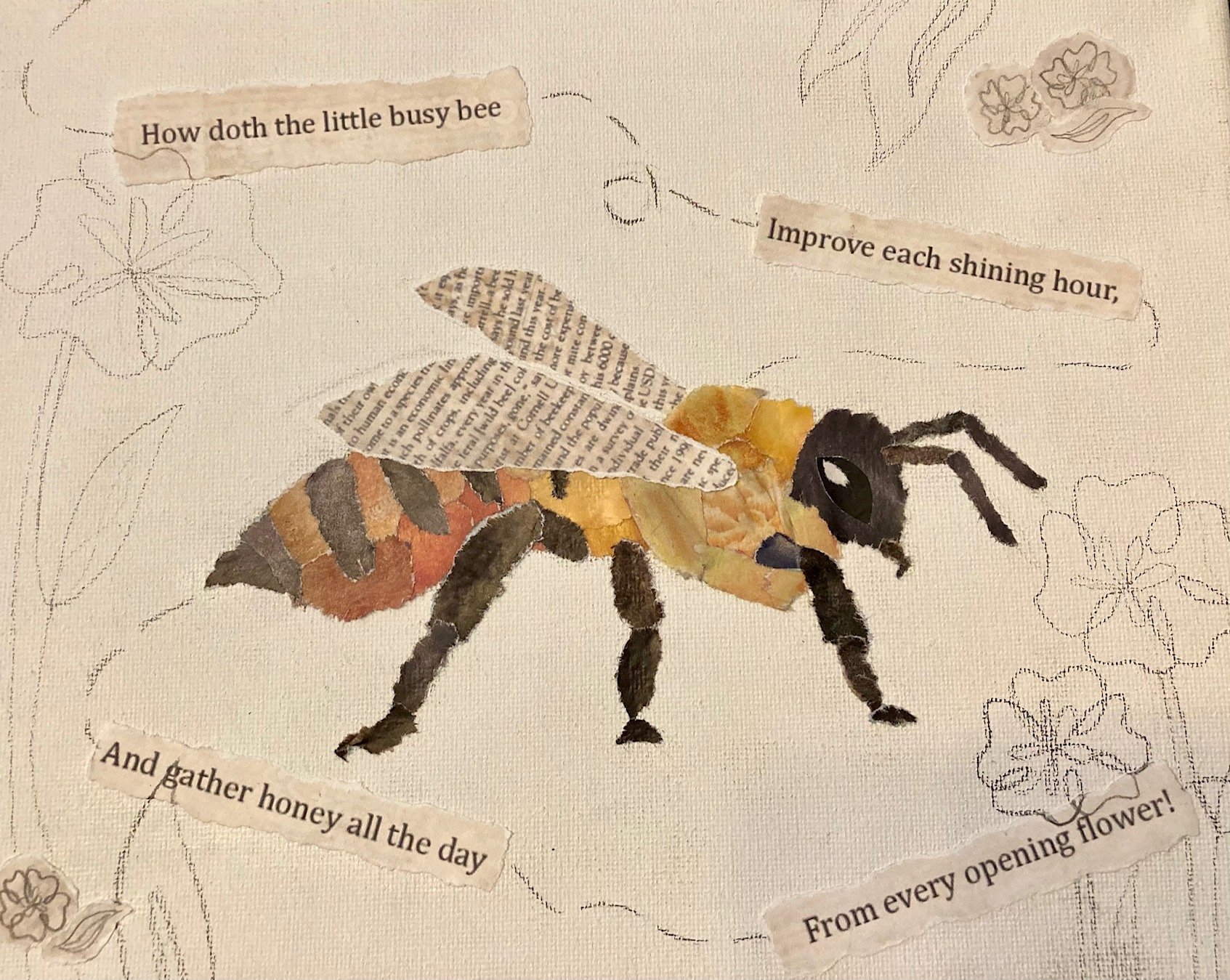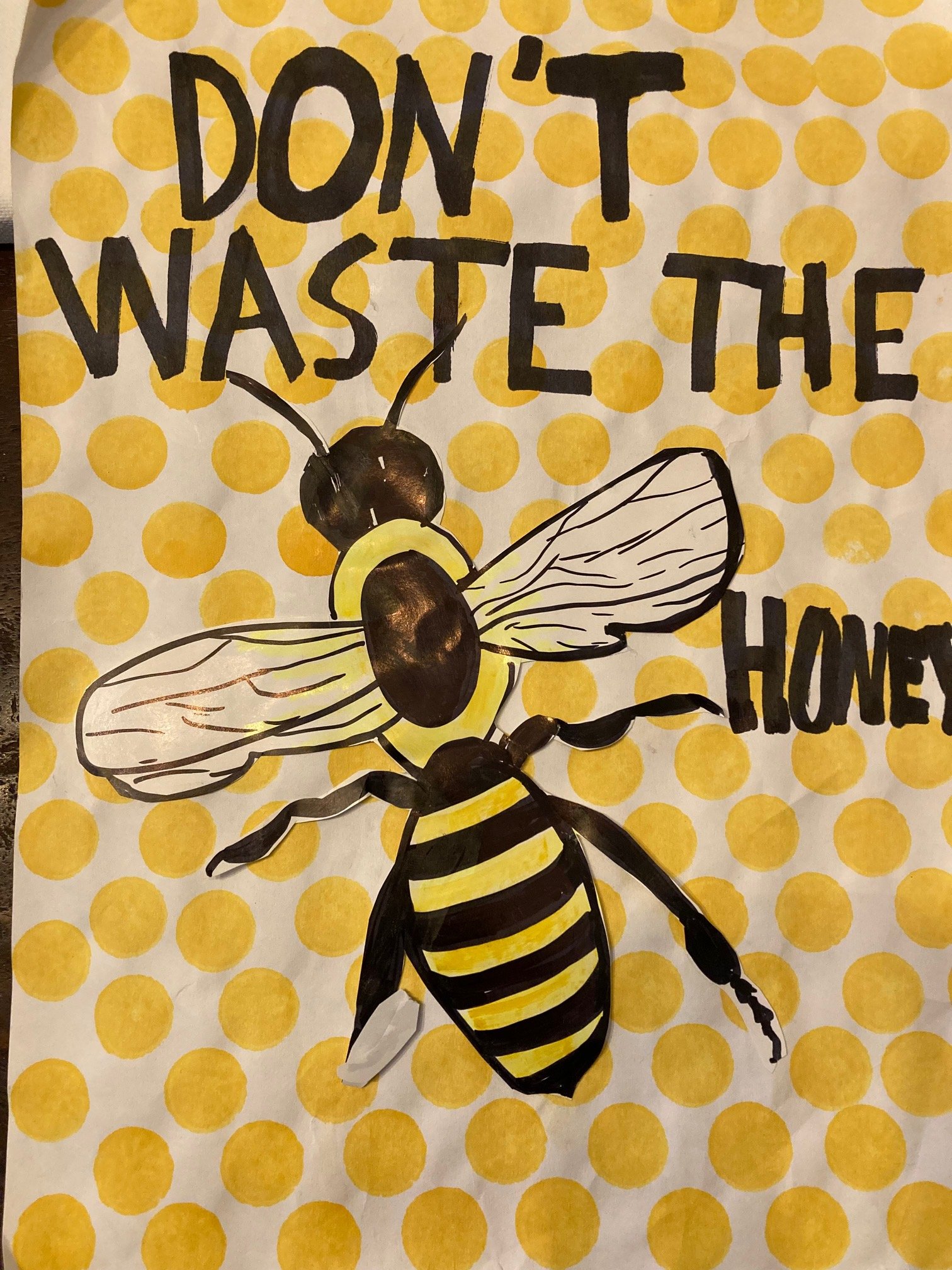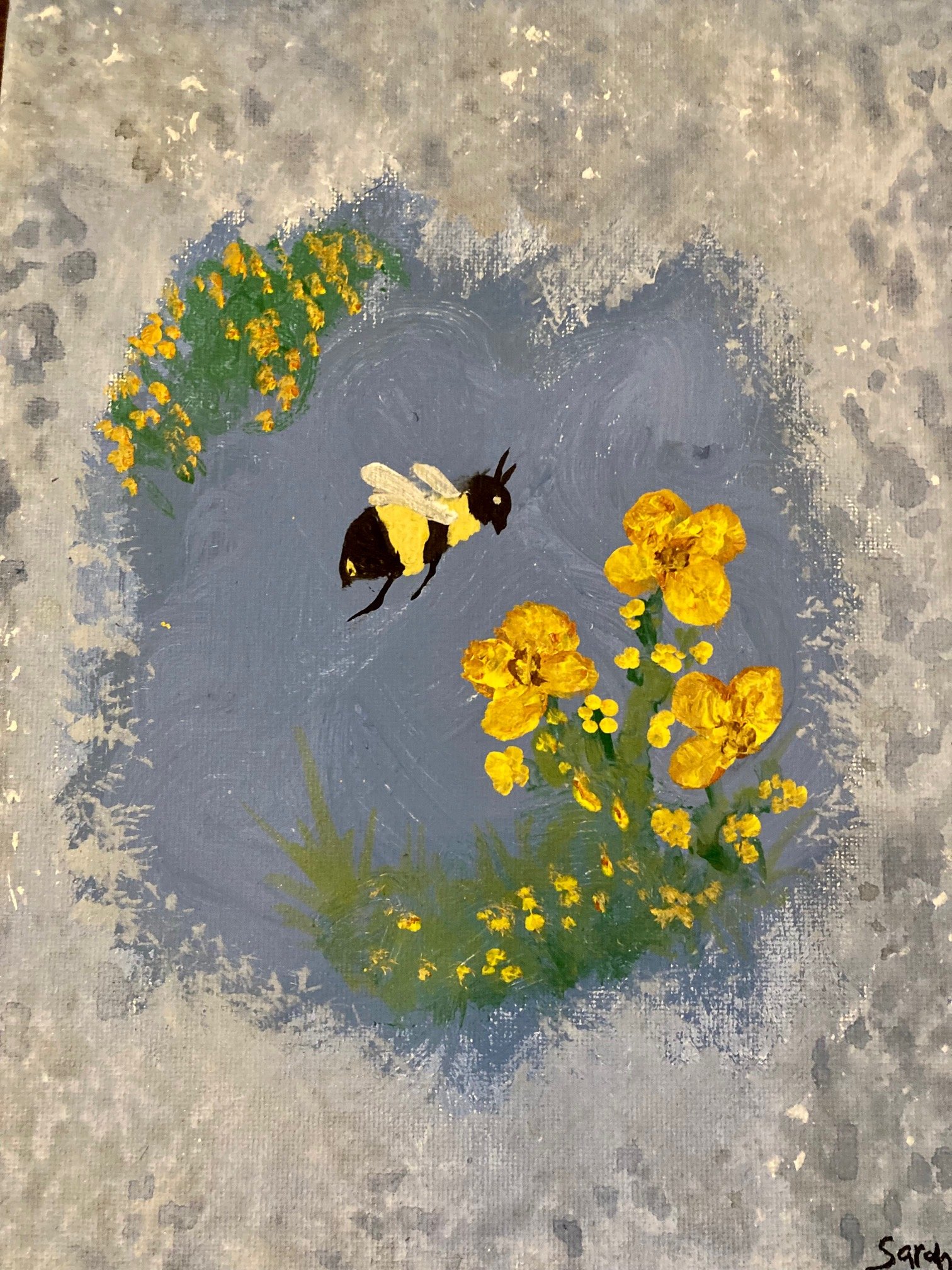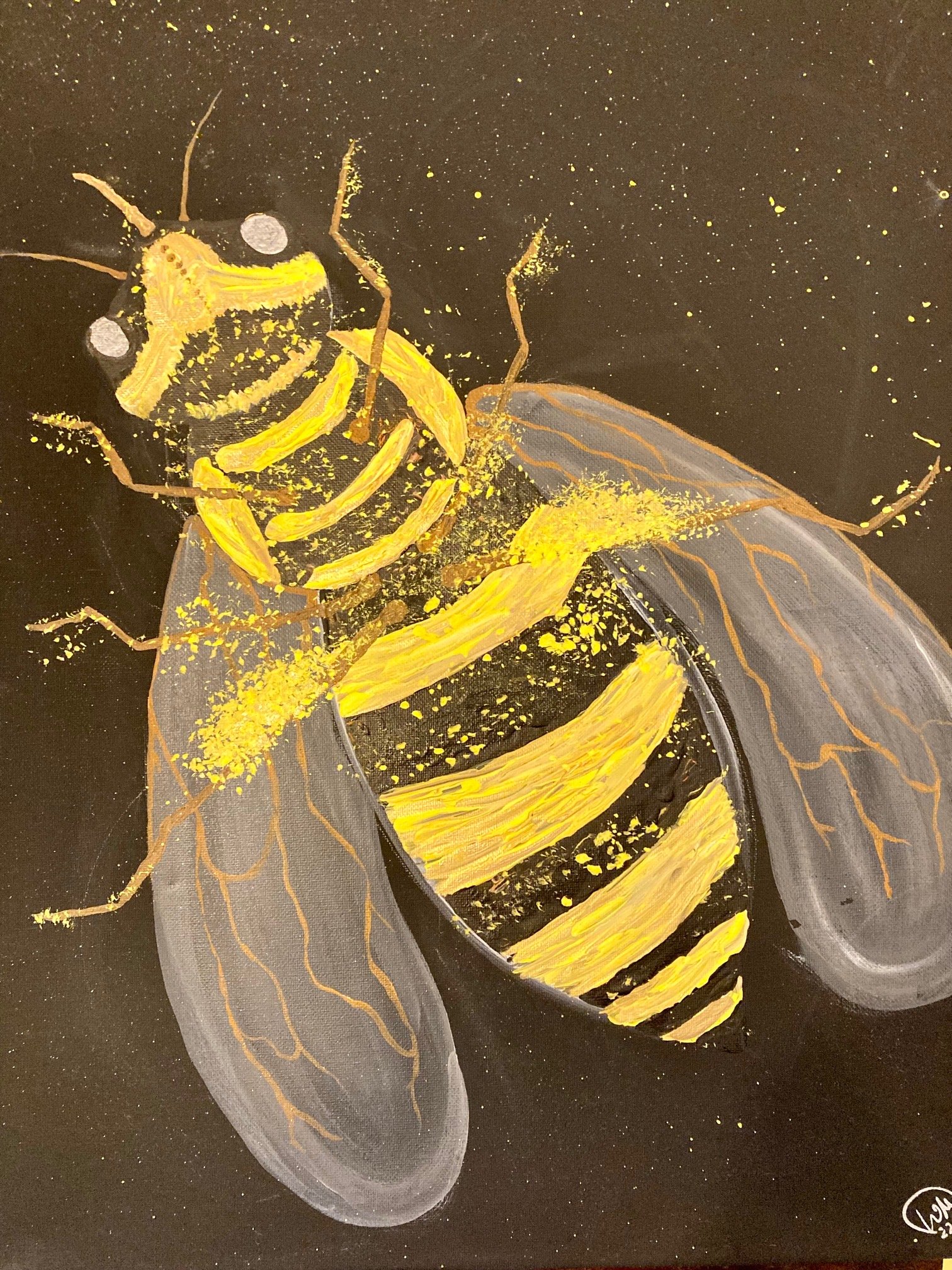“She Works Hard For The Honey– So Don’t Waste It!” is our newest exhibit about the global effect of food waste and its impact on pollinator populations – bees, birds, butterflies, and bats. Created by S.C.R.A.P. Gallery, the exhibit also features “Pollination Investigation,” a poster exhibit from Smithsonian Gardens and the Smithsonian Institution Traveling Exhibition Service. The exhibit will debut at Thrillville at the Riverside County Fairgrounds, February 18-27, 2022.
“She Works Hard For The Honey” brings together educators, scientists, artists, and students to explore how pollinators nourish our planet by helping plants to reproduce and create the foods we need to survive.
Many pollinator populations are in decline. The decline is attributed to a loss in feeding and nesting habitats. Pollution, the misuse of chemicals, disease, and climate change contribute to shrinking and shifting pollinator populations.
Globally, a third of all food is wasted, never eaten. In the United States, food waste is estimated at between 30-40 percent of the food supply. According to the U.S Environmental Protection Agency, food is the single largest category of material placed in municipal landfills. It emits methane, a potent greenhouse gas. Municipal solid waste landfills are the third-largest source of human-related methane emissions in the United States. Methane has accounted for approximately 30 percent of global warming since pre-industrial times. It is increasing faster than at any other time since record-keeping began in the 1980s.
